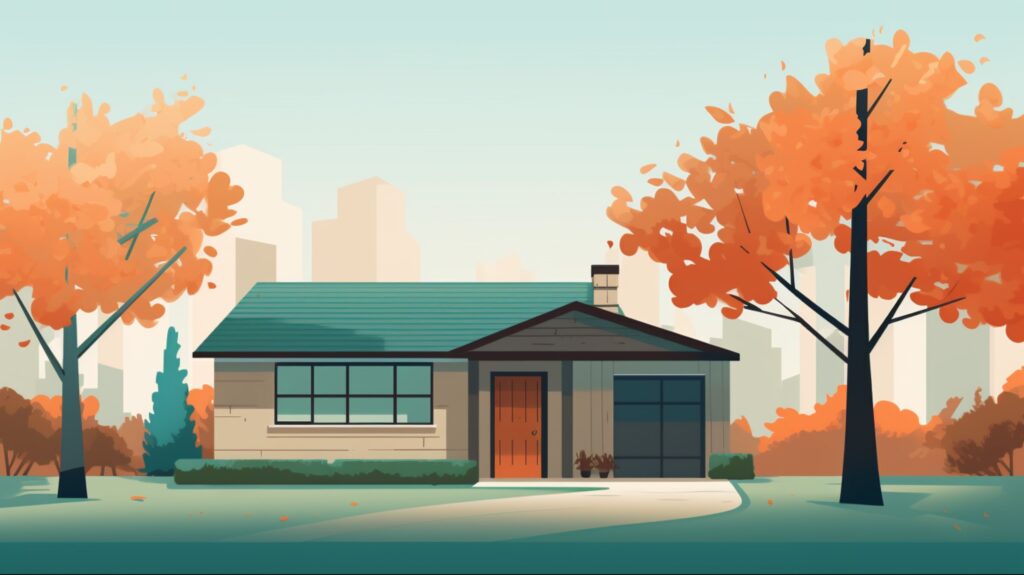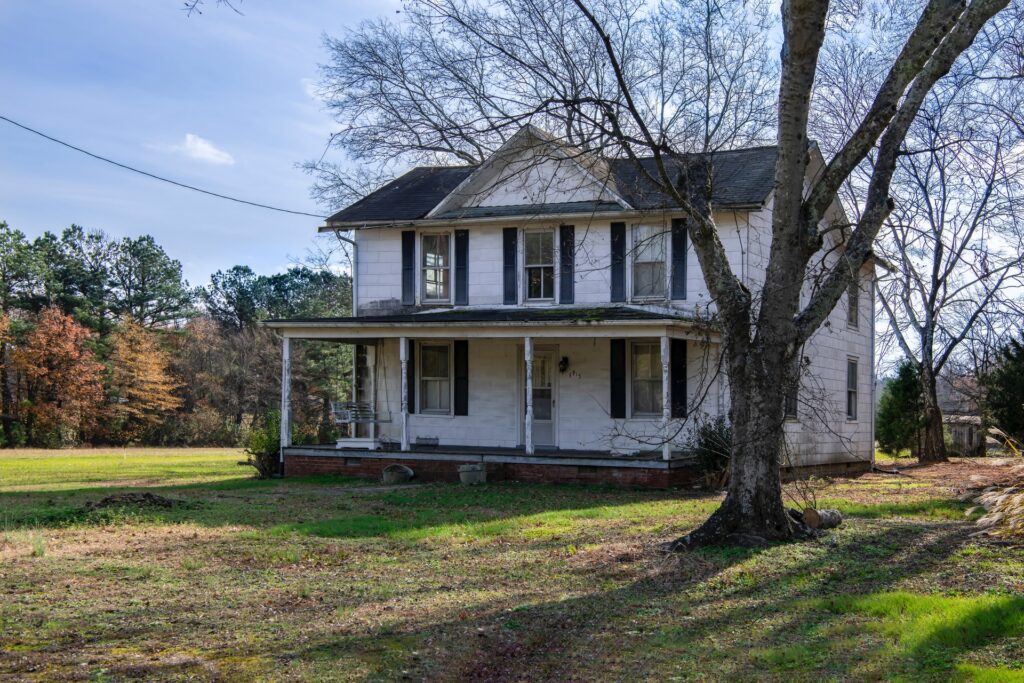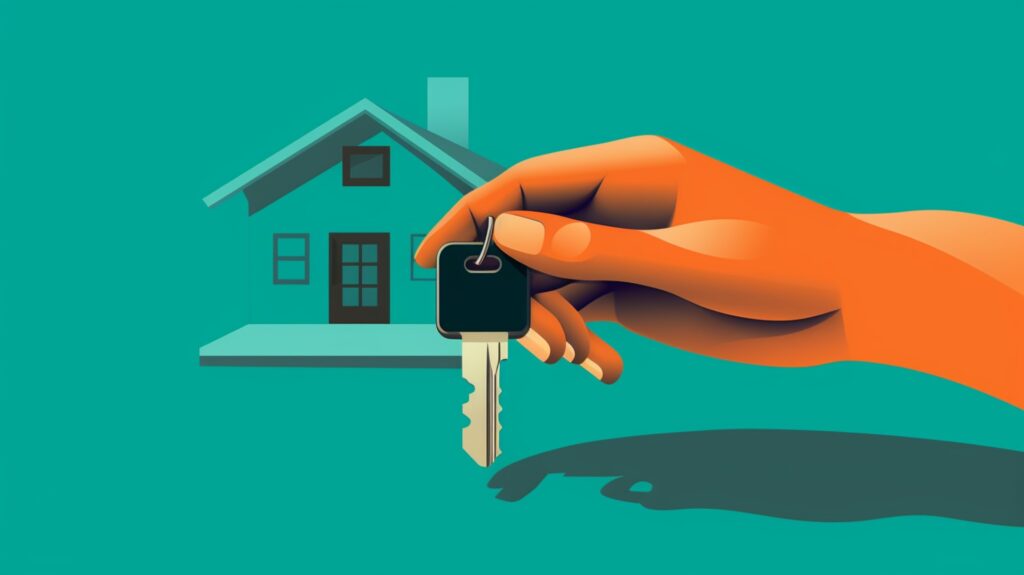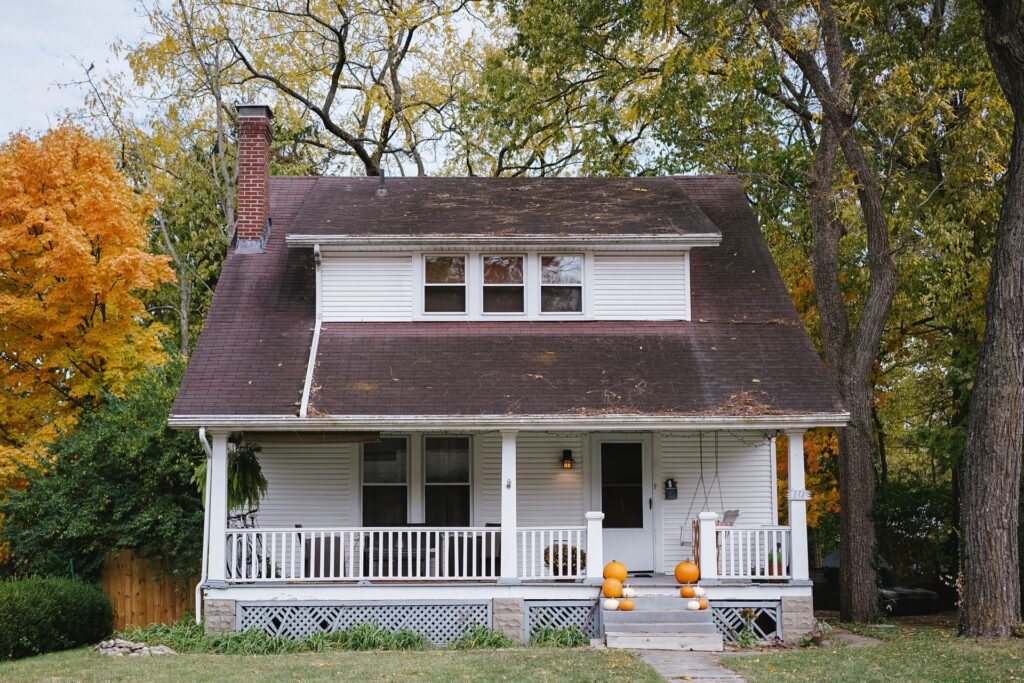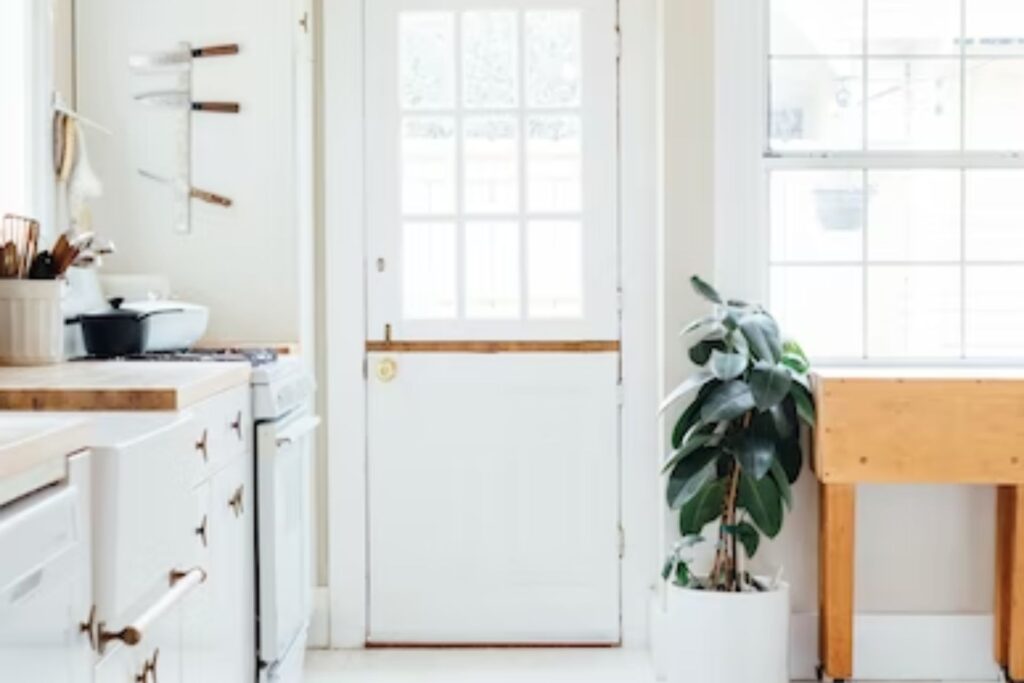
We are reader-supported. When you buy through links on our site, we may earn an affiliate commission.
Real estate can help you diversify your investment strategy and even provide a reliable income stream. Of course, there’s more to investing in real estate than simply buying, flipping, or renting property. Let’s explore the most popular ways that beginners can invest in real estate for various amounts of capital and commitment.
What’s The Best Way to Invest in Real Estate?
As you go through this guide and begin to open your eyes to just how many approaches you can take to real estate investing, you’re likely to wonder: What’s the best option? The truth is, how you invest in real estate will all come down to your financial situation and investing goals.
We’ve broken down the various methods of investing in real estate down into two categories: those where you invest indirectly in a piece of property (i.e., crowdfunding) and those where you invest directly in a piece of property (i.e., purchasing yourself). Let’s review all of these methods so you can find the one that works best for you.
Investing Indirectly
If you don’t have a lot of capital up-front to purchase a property or if the sound of flipping or renting seems like too much work, you should consider investing indirectly in real estate. Some of these methods are quite new to the market while others have been around for some time. It’s important you do your due diligence before pursuing any of these avenues.
REITs
A relatively low-cost, low-risk means of investing, REITs (Real Estate Investment Trusts) allow you to invest in real estate without physically owning any. They’re similar to mutual funds and could be a great addition to your portfolio. Behind a REIT is a company with commercial real estate, like hotels and office buildings.
REITs tend to pay out great dividends, which is why they’re popular for retirement investing. For those who do not need regular income, you can reinvest dividends automatically to grow your investment.
P2P Lending
Some new platforms have popped up in recent years that enable peer-to-peer (P2P) lending. LendingClub and Prosper are two examples that allow people to sign up and then crowdfund a loan. Borrowers may submit a loan request to purchase a home, upgrade their home, or consolidate debt, among other things.
Higher risk borrowers will have to pay a higher interest rate, which means a greater return on your investment. However, there’s also a higher risk of them defaulting and not paying the loan back in full or at all. Since P2P loans are unsecured (many the borrower’s home, nor car, nor anything else can be repossessed if they stop paying), there is a chance of default.
Investing Directly
Wondering how to invest in real estate in your local area? If so, you’re probably looking at one of these options, which requires you to actually purchase a piece of real estate. These methods require more capital and/or the ability to gain funding or financing from a lender or fellow investor to cover the cost of the property. Each one has a different strategy for earning you a profit.
Buy and Hold
In a market where home values seem to be increasing quickly? Small towns across the United States noticed major increases at the end of 2020. Existing home sales hit the highest number since 2006, with more people selling property in cities with a higher cost of living so they could buy property in smaller, more affordable areas.
For some homeowners, this gave them the ability to sell their property outright and get a substantial amount in profit, even if they had only owned it for a couple of years. If you foresee this happening in your local market, the “buy and hold” strategy is the among the simplest to execute when it comes to directly investing in real estate. Simply buy a property and sit on it until the market values rise enough to make you a nice profit. The risk? Values may not rise substantially or they may go down.
Renovate or Flip
If there’s an influx of home buyers in your area, buying and renovating may be your best option. This strategy is often referred to as “house flipping,” although many associate that term with shoddy construction work and low-quality renovations. Ideally, you’ll be putting in the time and money to do renovations the right way to earn a high ROI.
Successfully making money as a home renovator requires you to know your local neighborhoods, understand the selling prices, look to future trends, and also know the needs of people who are buying homes in the area. Otherwise, you may end up making a bad purchase or bad renovation decision.
For instance, if you buy a property and pay $25,000 to install a pool, when home buyers prefer an updated kitchen or hardwood floors, you could cost yourself a lot of money. The main risk is buying the wrong property and/or putting too much into renovations.
Become a Landlord
A lot of small towns are experiencing a housing shortage. While many have initiatives to build more low-income housing, such as apartments, and some have no shortage of buyers coming to renovate existing houses and build new homes, many towns simply don’t have enough housing for the “average” family. If you have the opportunity to buy a house and rent it out, this could be a lucrative opportunity.
If you’re in an area where rentals go quickly, you’ll enjoy an expedited lease signing and little risk of a vacant property sitting around. However, you need to buy a desirable home and rent it out for the right price. You should also consider all of the hassles that come along with being a landlord.
Short-Term Rentals
Chances are, you’re familiar with the airbnb platform, which allows homeowners (and even tenants) to rent out their spare rooms. Some sources say you’ll average $924/month, but it all depends on where you’re located and how much space you’re renting. While many rent out entire homes as vacation rentals, adding a secondary housing unit to your current property or simply dressing up an existing space could allow you to bring in extra cash.
If you already own a home or you’re leasing and it’s not against your contract, this is one of the easiest ways to directly earn money from real estate without needing a lot of capital.
Set Yourself Up for Success
As you move forward with your plan for real estate investing, it’s essential that you partner with the right people to inform your decisions. For instance, if you’re thinking about investing in REITs, it’s worthwhile to reach out to an experienced financial advisor. On the other hand, if you’re thinking about buying a property, you need the right agent by your side. With an experienced agent, you’ll gain confidence in the local market and be able to make sound investment decisions without second-guessing yourself.
This is a guest post from LemonBrew, which is a tech company for everything real estate, filling the gap in the industry by providing an end-to-end digital solution allowing home buyers and sellers to connect with real estate agents, find the right mortgage, close smoothly, and protect their homes. Positioned to be an industry leader with innovative technology, LemonBrew was named a 2020 & 2021 HousingWire Tech100 Real Estate Winner.



